If it weren’t for Kevin Feige, we could’ve got a completely different Captain America movie that couldn’t have convinced the audience
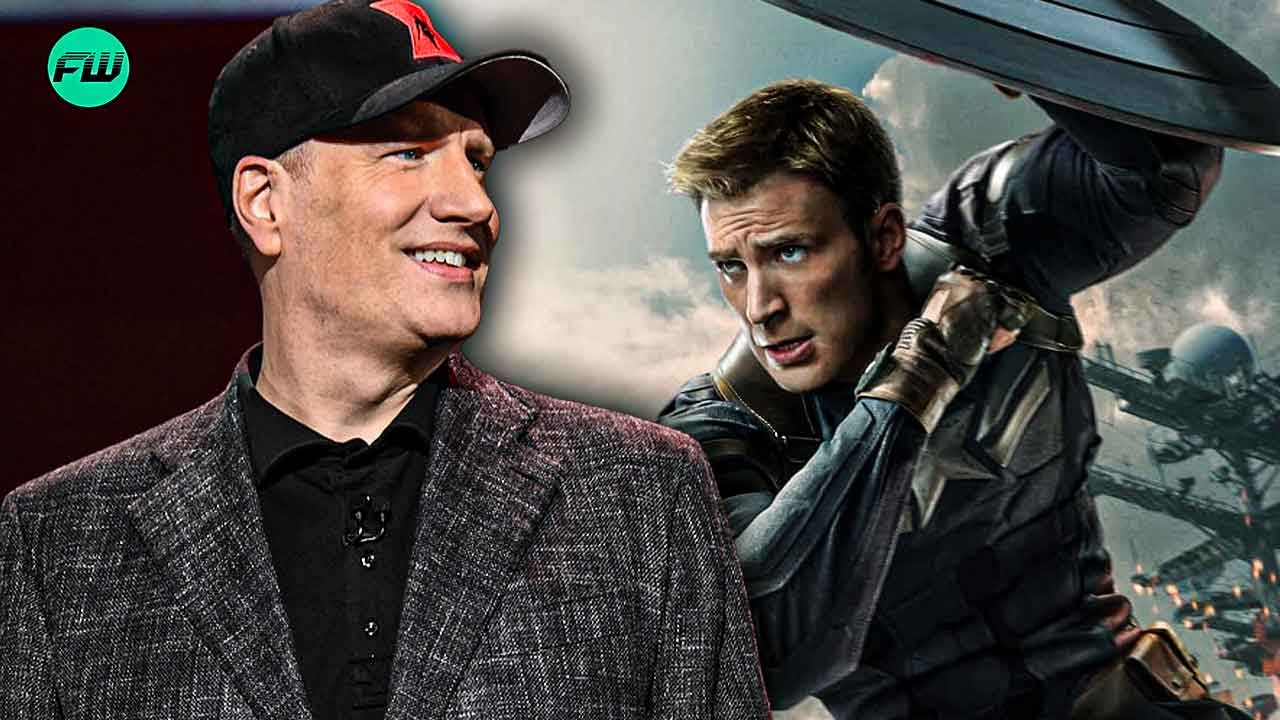
Kevin Feige was part of the infamous Marvel Creative Committee (MCC) in the early stages of the MCU and played a crucial role in preventing the committee from ruining Captain America. According to reports, Feige and Louis D’Esposito vehemently opposed the committee’s idea to set the character in modern times. There were screaming matches during meetings of the MCC, with Feige emerging successful and giving us the period piece, Captain America: The First Avenger.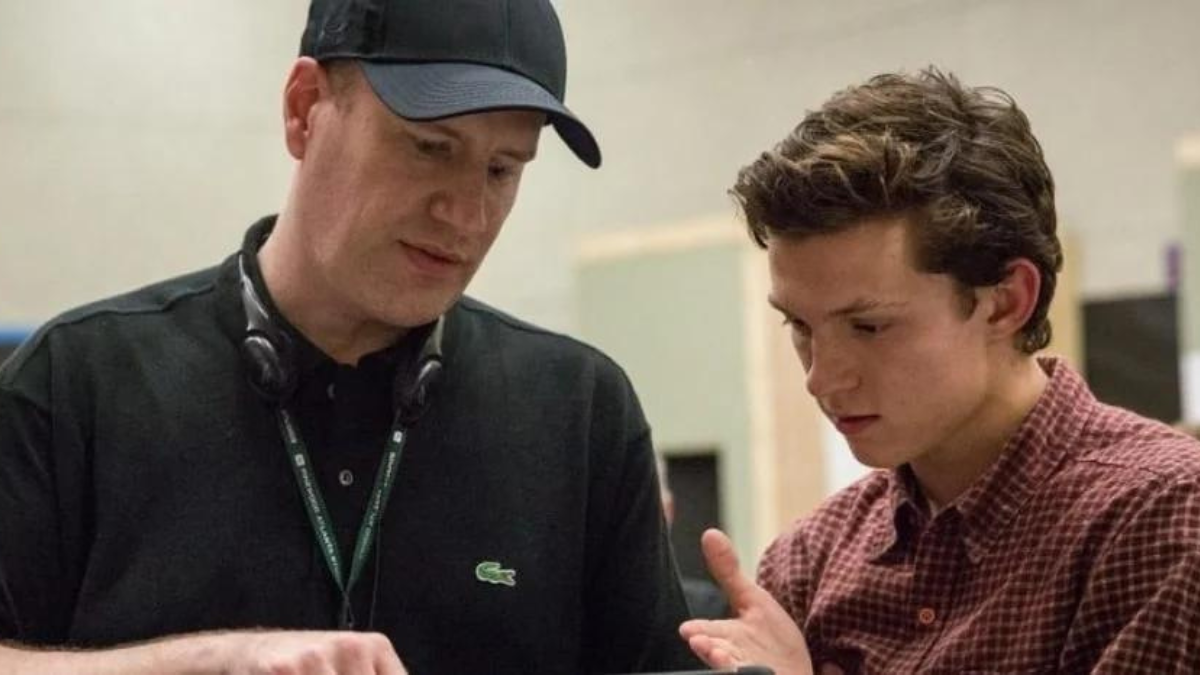 Kevin Feige resisted many of the unpopular and toxic decisions of the MCC (credits: Spider-Man: Far from Home)
Kevin Feige resisted many of the unpopular and toxic decisions of the MCC (credits: Spider-Man: Far from Home)
According to the book MCU: The Reign of Marvel Studios, the MCC consisted of Dan Buckley, Joe Quesada, Brian Michael Bendis, Louis D’Esposito, Kevin Feige, and Alan Fine. The book suggested that most of the unpopular and toxic opinions came from Alan Fine, who was the Dwight to Ike Perlmutter’s Michael.
Kevin Feige Saved Chris Evans’ Captain America From One Absurd Change
 Kevin Feige saved Chris Evans’ Captain America: The First Avenger from a major change
Kevin Feige saved Chris Evans’ Captain America: The First Avenger from a major change
When Chris Evans‘ Captain America finally shares that one promised dance with Hayley Atwell‘s Peggy Carter, fans are moved emotionally due to his story told in Captain America: The First Avenger. The first film featuring Steve Rogers was set in 1942 during the Second World War. The film helped establish his story as the man out of time. It was also important to show the character as part of the U.S.’s efforts to create a super-soldier during the war.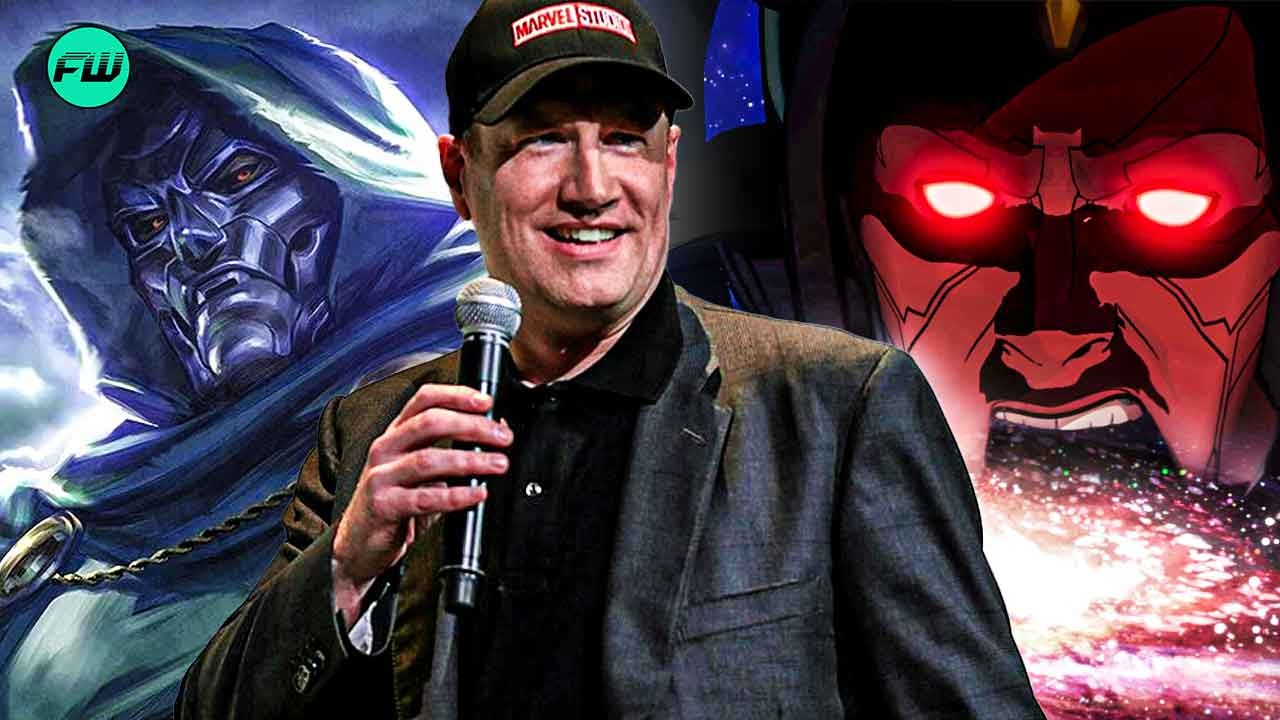
Interestingly, there were some objections to the movie’s 1940s setting. These largely came from Alan Fine of the former Marvel Creative Committee. Fine believed that audiences of the MCU would not be interested to see a movie largely set in the 1940s. However, Kevin Feige and Louis D’Esposito, both former members of the committee, opposed Fine’s views and insisted that the movie was made as a period film.
According to Dave Gonzales and Joanna Robinson’s book MCU: The Reign of Marvel Studios, there were screaming matches within the MCC before Feige’s vision prevailed. An excerpt from the book reads:
“One early confrontation came over Captain America: The First Avenger. [Alan] Fine believed that Marvel audiences wouldn’t want to see a movie set largely in the 1940s. [Kevin] Feige and [Louis] D’Esposito insisted that they needed to establish Captain America before making The Avengers: the movie had to show audiences that Steve Rogers was a man out of time, not just pay lip service to the notion. The meetings became “screaming matches,” but Feige prevailed.”
Feige and D’Esposito reasoned that they intended to show the audience the story of Captain America before he appeared in The Avengers, rather than just tell it. If Alan Fine and Ike Perlmutter had their way, it would have ruined not just Captain America but also Peggy Carter, Bucky Barnes, and the formation of Hydra.
While Kevin Feige Saved Captain America, Some Of The MCC’s Decisions Ruined Characters/Films
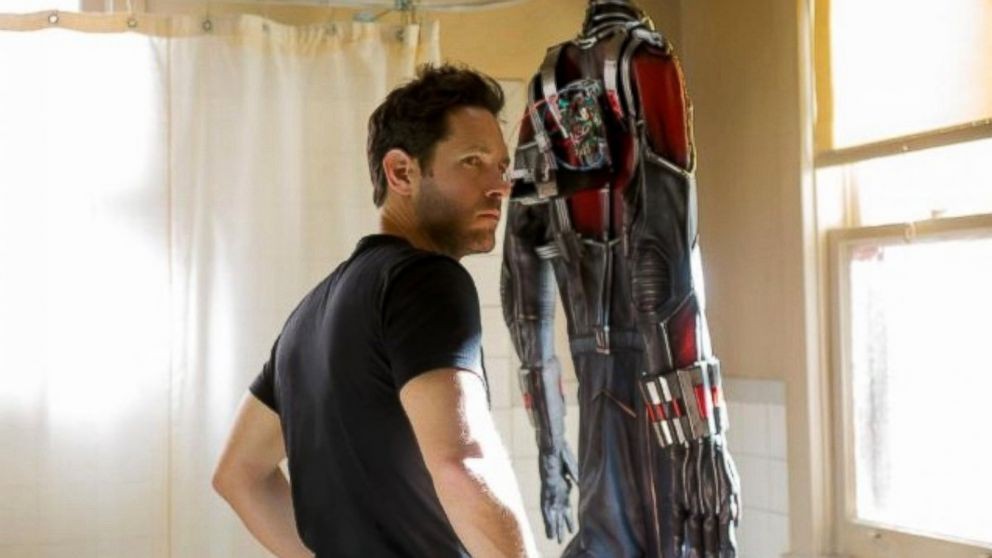 Edgar Wright’s version of Ant-Man was ruined by the MCC
Edgar Wright’s version of Ant-Man was ruined by the MCC
MCU: The Reign of Marvel Studios also highlighted some of the characters and films ruined by the MCC. According to the book, Edgar Wright pitched an Ant-Man film and was hired in 2006 to develop the film. Wright took years to perfect the script and get it prioritized by Marvel Studios. When Wright was finally ready to make his film, he faced several challenges from the MCC.
The MCC constantly urged Wright to include MCU references in the film, which the director tried to make work. However, his breaking point came when the committee hired an in-house writer to do a rewrite of the Ant-Man script. Wright no longer trusted the studio and left the project.
The MCC, especially under Ike Perlmutter, was notoriously sexist in its notions and resisted the appearances of female superheroes/supervillains in many films. Perlmutter unsuccessfully tried to veto Black Widow’s appearance alongside the original Avengers and delayed the entry of more female superheroes into the MCU.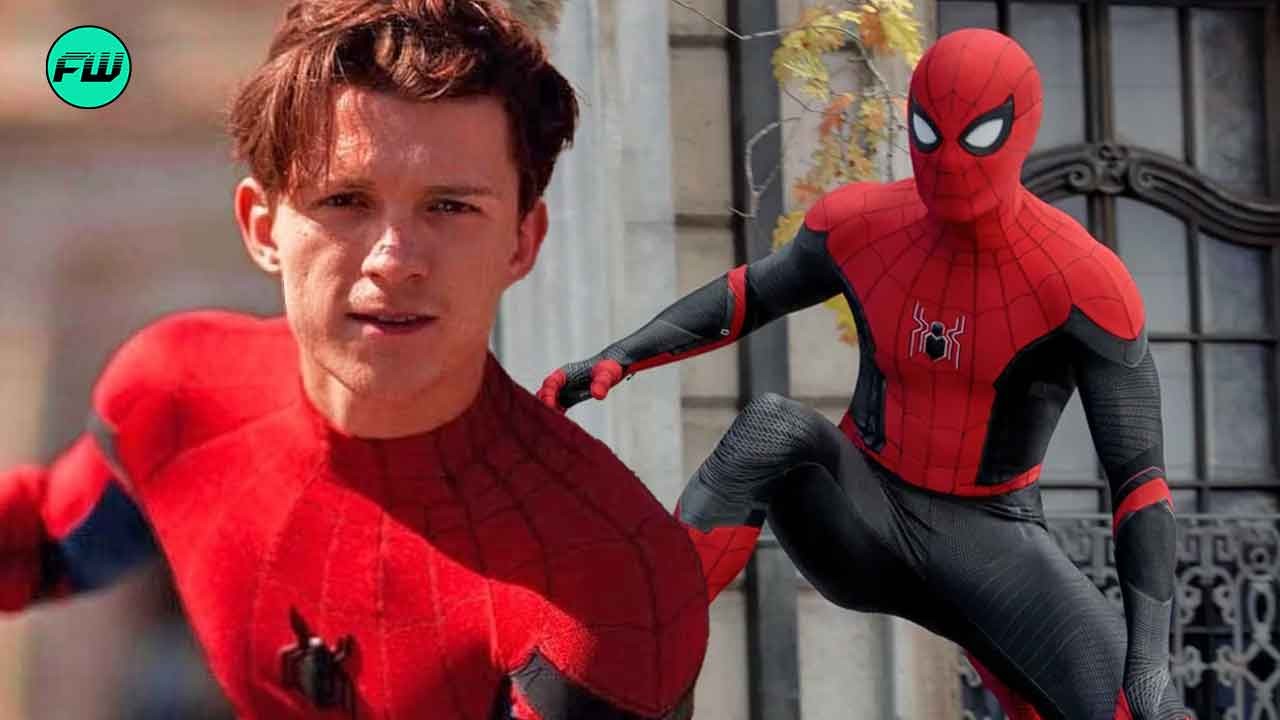
During Iron Man 3, Rebecca Hall was signed to play the film’s villain. However, the MCC forced Shane Black to change the casting to sell more toys. The same happened with the character of Hela, who was supposed to appear in Thor 2 as the villain.
Captain America: The First Avenger and other Marvel films are now available for streaming on Disney+.
News
Thomas Markle ‘so sad’ he won’t join Prince Harry and Meghan Markle for special occasion
Thomas Markle has been estranged from his youngest daughter Meghan Markle since shortly after her wedding to Prince Harry in 2018. Thomas Markle has never met neither…
Rose Hanbury breaks silence to answer allegations over Prince William affair
There have been an untold number of well-publicized royal scandals over the years, many points in history where the ongoings of the British monarchy have dominated newspaper…
Netflix CEO Snubs Sussexes’ $100 Million Deal: Meghan Markle Faces Rejection from Streaming Giants
SO, BACK IN 2020, MEGXIT HAPPENED. HARRY AND MEGHAN DECIDED TO STEP BACK FROM ROYAL DUTIES, CITING PRIVACY CONCERNS AND A DESIRE FOR INDEPEN… So, back in…
Man Claiming to Be King Charles & Queen Camilla’s Son Speaks Out on DNA Test — Details & His Photos
An Australian’s quest for royal recognition takes a dramatic turn, with a plan to compare DNA with a royal family member at the center. Amidst a backdrop…
Prince Harry and Meghan Markle reportedly face their titles being STRIPPED with the Royal Family’s silent approval
The Palace has be warned that a potential move could spark backlash from the public if it’s given the go ahead. A royal expert has claimed that…
Meghan Markle thinks Prince Harry is making ‘big mistake’ by reaching out to Princess Kate
Meghan Markle is reportedly worried about Prince Harry attempting to reunite with his sister-in-law, Princess Kate, following the news of her cancer diagnosis, as he prepares for…
End of content
No more pages to load





